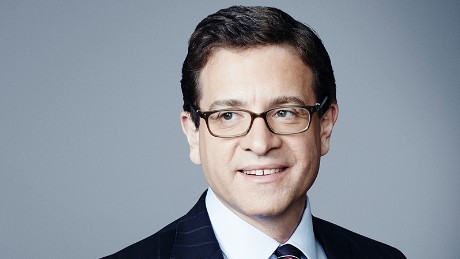And days later, Chicago police released body camera footage of a 13-year-old boy named Adam Toledo being shot in a dark alleyway on March 29 in Chicago. Police said the boy was seen holding a handgun at the end of a foot chase, though in the split second before he was shot, according to the footage, his right arm disappeared behind the fence just before he began to raise both hands.
The relationship between race and criminal justice dates to America’s early history, traced through Jim Crow and the civil rights era, and through the violent assault on Rodney King in Los Angeles in 1991, the shooting of Amadou Diallo in 1999 by New York City police officers as he reached for identification, and the suffocation of Eric Garner by police on Staten Island in 2014. The list is much longer, of course. The intersection of policing, racism, and violence against minority citizens are a gruesome truth in American.
As president, Joe Biden is now confronting this challenge.
The issue has surfaced powerfully at a time when he has his hands full advancing a major infrastructure package and waging the battle against Covid-19, but this administration can’t put off civil rights until later. The urgency of doing something now is fierce, lives are at stake every day and the President, who went so far as to repudiate white supremacy in his inaugural address, has to use the power of his office to take meaningful action.
What can a president do?
Although previous presidents have fallen short in tackling institutional racism and state-sanctioned violence against African Americans, some of them have shown Biden what the toolkit he might use today looks like.
At the most basic level, there is the power of moral suasion. On March 15, 1965, President Lyndon Johnson responded to the brutal assault by state and local authorities on civil rights protesters (including the late Georgia congressman John Lewis, then chairman of the Student Nonviolent Coordinating Committee) in Selma, Alabama, by calling on Congress to pass a robust voting rights bill.
Speaking to the House and Senate — as well as the nation — the president went so far as to invoke the mantra of the civil rights movement, which was still seen as radical by most of the nation, when he declared: “We Shall Overcome.”
High-level presidential commissions have also been important. Commissions are often frustrating in that the reports they produce traditionally have been followed by inaction. But the most thorough of them surface — with a governmental imprimatur — in-depth knowledge that becomes part of the national discourse.
In 1968, Johnson’s Kerner Commission put forth a comprehensive account of the civil unrest in the summer of 1967, blaming White racism, manifested through police harassment and mass unemployment. While LBJ didn’t follow up on the recommendations, believing that conservatives in Congress would rebuff any further civil rights legislation, the commission report helped to expand the debate over institutional racism.
Presidents can also rely on the Department of Justice. Though President John Kennedy was reluctant to push for civil rights legislation for fear of triggering a backlash from southern Democrats, he was more willing to deploy Justice Department officials to help the civil rights movement.
The administration worked to advance the integration of the University of Mississippi and the University of Alabama as well as providing some (though not enough) protection to civil rights activists in the South. And former President Barack Obama, frustrated that he couldn’t do more in response to videos of police violence, turned to his attorney general, Eric Holder, to move forward on sentencing reforms and services for younger felons when they left prison.
And, finally, there is legislation. Nothing can match the power of a bill that moves through Congress and onto the president’s desk. Back to 1965: Johnson followed through with his message by leveraging his influence to assure the smooth passage of the Voting Rights Act of 1965, which committed the federal government to protecting the right of African Americans to vote.
Political power, in the minds of supporters, was one of the most effective ways to mobilize against these sorts of issues.
The criminal justice reform legislation signed into law by former President Donald Trump was a step forward, though it fell far short of what most activists believe is needed for reform (and Trump’s ongoing attacks on the Black Lives Matter movement, and his embrace of white nationalist groups meanwhile empowered oppositional forces).
Biden needs to reach for all of the tools available. He needs to speak forcefully about racialized police violence and push for reform, including more funds for social services that would head off the need for policing in certain areas. He needs to have Attorney General Merrick Garland and the Justice Department crack down on abusive behavior in the states. And finally, he needs to move forward with criminal justice reform legislation that ensures police are held accountable.
Presidents can’t do everything without congressional and electoral support, but they can do a great deal to move out into the forefront of these battles. The time to do so is now.







